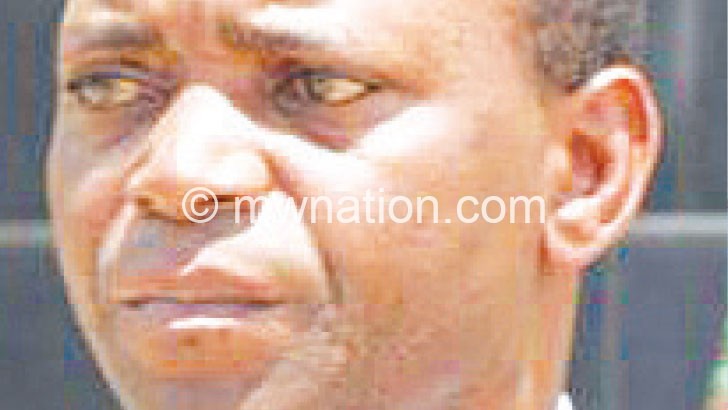Push to tame independent MPs political ‘prostitution’
Independent parliamentarians’ continuous exodus to political parties has precipitated a call to review Section 65 of the Constitution that regulates crossing of the floor to ensure that it tames all legislators from political prostitution.
The 2019 Tripartite Elections saw over 55 parliamentarians elected on independent ticket, but most have flocked to either Malawi Congress Party (MCP), Democratic Progressive Party (DPP) or UTM Party.
MCP, which won 55 seats during the elections, now has 83 MPs having roped in 28 independents, according to Richard Chimwendo Banda, the party’s leader of government business in Parliament.

Leader of Opposition and DPP’s vice-president (South) Kondwani Nankhumwa claimed his party, which won 62 seats now has 90 MPs. We could not verify the two parties’ claims as Parliament did not respond to our questionnaire.
Section 65 reads in part: “The Speaker shall declare vacant the seat of any member of the National Assembly who was, at the time of his or her election, a member of one political party represented in the National Assembly, other than by that member alone but who has voluntarily ceased to be a member of that party and has joined another political party represented in the National Assembly.”
Legal expert John Gift Mwakhwawa in an interview said he holds the view that the section can be used to dismiss independent parliamentarians once they join other parties.
“During the presidency of Bingu wa Mutharika, as Civil Liberties Committees, we took the view that even independents are affected by Section 65. We argued that the independents cannot willy-nilly go to any party, especially the ones that are in power.
“One of the judges sitting in the High Court as Constitutional Court agreed with our argument. Unfortunately, when the case went to the Supreme Court there were no clear pronouncements on the fate of the independents. But it is not a cause that is lost. The wording of the Constitution is clear independents are also affected,” he said.
Challenged that the section only implicates those that contested on party tickets, Mwakhwawa argued: “That argument doesn’t hold water. It is a very simplistic view. If one applies rules of interpretation of those constitutional provisions, they are easily caught up.”
Another lawyer Silvester Ayuba James pointed out that Section 65 does not have any implications on the independents seats.
“The law regarding crossing the floor as it is in its present spirit does not target independent members of Parliament. Section 65 talks of those that were elected as members of a particular “political party represented in the National Assembly other than by that member alone”. Given that independents do not represent any political party at the time of their election, they cannot be caught in the stretch of this provision,” he argued.
The Catholic Commission for Justice and Peace (CCJP) which promotes human rights and economic justice, has called for review of Section 65 to ensure it also polices independent legislators.
“When an independent legislator joins another political party or political grouping after winning elections; this effectively connotes cheating the voter. As CCJP, we feel that this dilemma should be specially considered under the ongoing review process of electoral related laws,” CCJP executive director Boniface Chibwana said.
He warned that failure to tame independent candidates’ conduct has the potential to put off voters.
Meanwhile, the Parliamentary Committee on Legal Affairs Yusuf Nthenda said they are ready to debate and amend the law if anyone brought the issue to Parliament.
“The laws are meant to get rid of mischief and if we see mischievous conduct in these parliamentarians we can push for the amendment of Section 65,” he said.
Nthenda also shared the concerns that the independent MPs’ decision to join a political party defeats the wishes of the voters.





